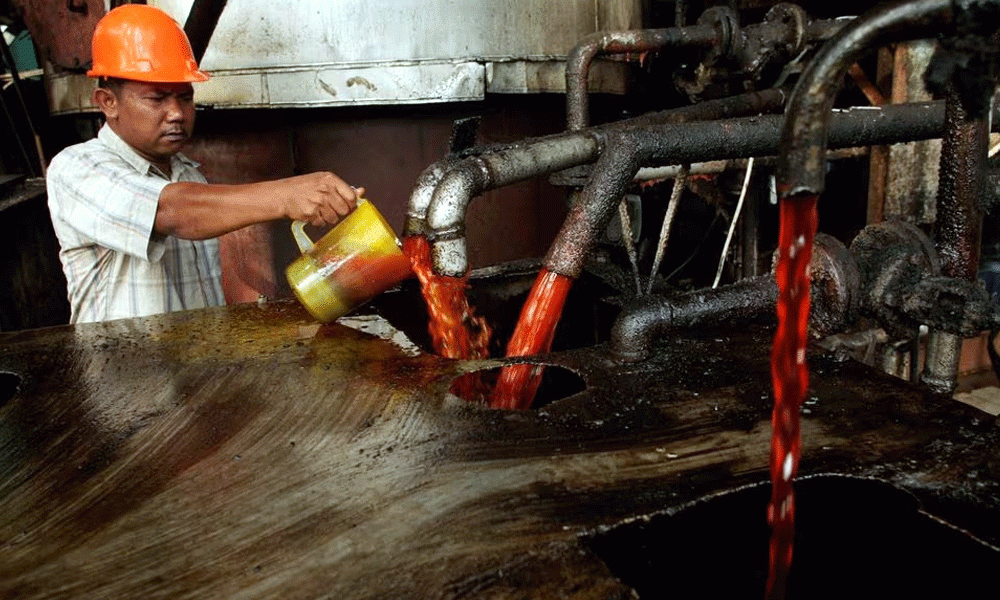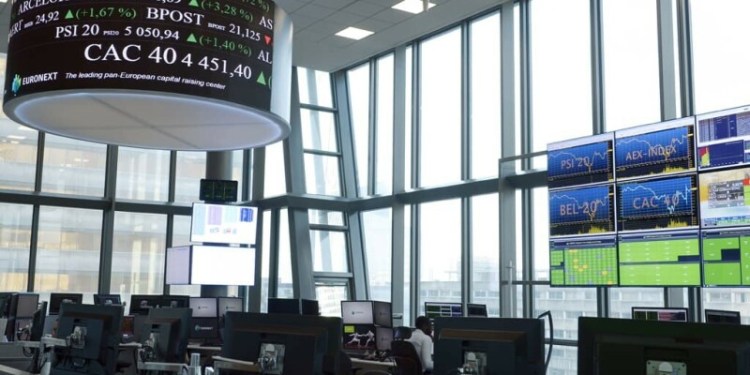SINGAPORE: Malaysian palm oil futures closed at their weakest level in more than seven months on Tuesday, hurt by weak exports so far in August and softer rival oils, although lower inventories put a floor on declines.
The benchmark palm oil contract for July delivery on the Bursa Malaysia Derivatives Exchange fell 0.51% to 3,689 ringgit ($829.73) a metric ton, ending at its lowest since Jan. 5.
Cargo surveyor Societe Generale de Surveillance (SGS) estimates exports from Malaysia for Aug. 1-10 at 489,898 metric tons, 13.2% lower from a month earlier, according to LSEG.
August exports seem to be lower, which may help inventories for the month to rise, said Mitesh Saiya, trading manager at Mumbai-based trading firm Kantilal Laxmichand & Co.
A shrinking price spread between soyoil and palm oil is pressuring demand for palm oil, he added.
Malaysia’s palm oil stocks in July fell 5.35% from the previous month to 1.73 million metric as growth in exports outpaced improved production, the Malaysian Palm Oil Board said on Monday.
Palm oil falls on weak cargo surveyor export data
Dalian’s most-active soyoil contract slid 2.44%, while its palm oil contract lost 1.71%. Soyoil prices on the Chicago Board of Trade dropped 1.53%.
Palm oil tracks price movements in related oils as they compete for a share of the global vegetable oils market.
Oil prices steadied after rising for five consecutive sessions, as markets refocused on concerns about demand after OPEC on Monday cut its forecast for demand growth in 2024 due to softer expectations in China.
The Malaysian ringgit, palm’s currency of trade, added 0.2% against the U.S. dollar. A stronger ringgit makes palm oil less attractive for foreign currency holders.

Source: Brecorder





























